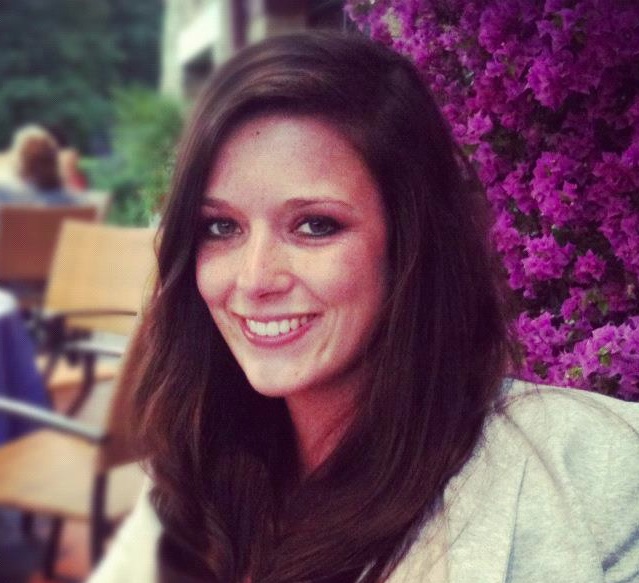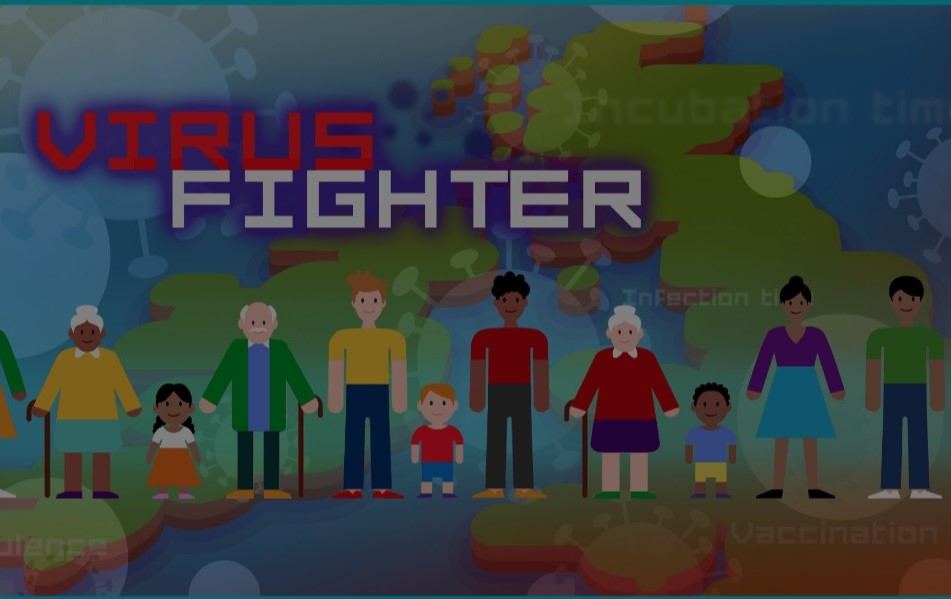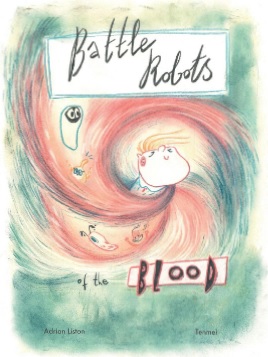Cell Press press-release:
Like fingerprints, immune systems vary from person to person. And while we all inherit a unique set of T cells and B cells from our parents, recent studies have found that our environment—like where and with whom we live—is responsible for 60% to 80% of the differences between individual immune systems, while genetics account for the rest. In a Review published September 29 in Trends in Immunology, three immunologists discuss the emerging science of what shapes our immune systems and how it might be applied.
“Just like it took a while to crack the genetic code, we’re finally starting to crack the immune code, and we’re shifting away from the simplistic idea that there is only one type of immune system,” says lead author Adrian Liston, head of the VIB Translational Immunology Laboratory in Belgium. “Diversity isn’t just programmed into our genes-- it’s programmed into how our genes respond to the environment.”
Long-term infections are responsible for most of the differences between individual immune systems. For example, when a person has herpes or shingles, the virus has more opportunities to interact with the immune system. These interactions slowly change the cellular make-up of their immune system and make it more sensitive to that specific virus, but also easier for other infections to slip past its defenses. People without these infections don’t experience these cellular changes, and even with the occasional cold or fever, their immune systems stay relatively stable.
The exception is when a person is elderly. Researchers haven’t determined exactly why age plays a major role in making our individual immune systems more unique, but they have shown that aging changes how our immune system responds to threats. As we get older, an organ called the thymus gradually stops producing T cells, which are made to help to fight off infection. Without new T cells, older people are more likely to get sick and less likely to respond to vaccines.
“A lot of diseases that we associated with aging have an inflammatory component, which suggests there is likely immune involvement,” says Michelle Linterman, a researcher at the Babraham Institute and co-author of the review. “Understanding how the immune system changes with age is going to be hugely important for treating age-related diseases in the future.”
Differences can be overcome, however; studies of people living together have shown that air quality, food, stress levels, sleep patterns, and lifestyle choices had a strong combined effect on our immune responses. For example, couples who cohabitate have more similar immune systems compared to the general public.
Liston and his collaborators, Linterman and Edward Carr of the Babraham Institute, would next like to explore how changing our environment could purposefully shape our immune system and potentially affect our health. “In order to tinker with the immune code, we first need to really understand the influences that shape the immune system,” says Liston. “That’s why it’s actually great that environment is more important than genetics, because we can play with environment.”
Read: Liston, Carr and Linterman (2016). "Shaping variation in the human immune system". Trends in Immunology.
 Thursday, November 10, 2016 at 6:10PM
Thursday, November 10, 2016 at 6:10PM  Congratulations to Erika Van Nieuwenhove for winning the Best Poster prize at the recent Leuven Regulatory T cell symposium!
Congratulations to Erika Van Nieuwenhove for winning the Best Poster prize at the recent Leuven Regulatory T cell symposium! Liston lab,
Liston lab,  women in science
women in science 




